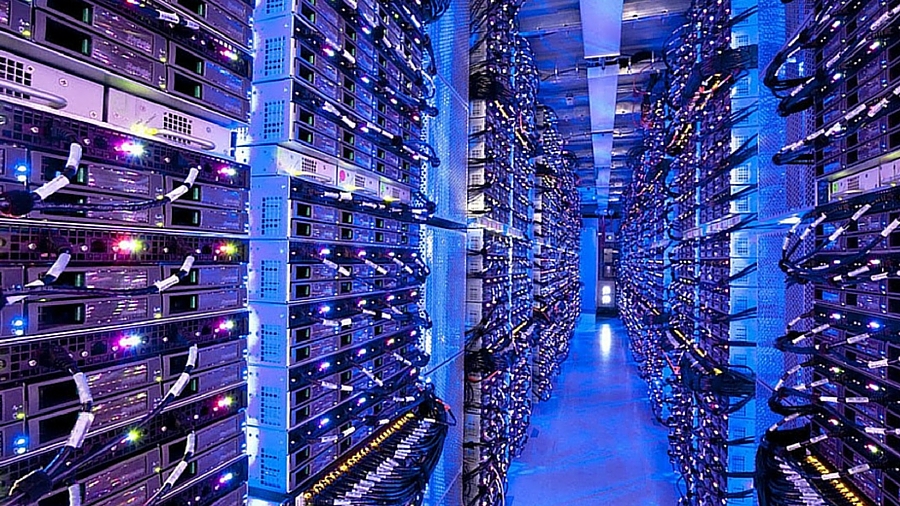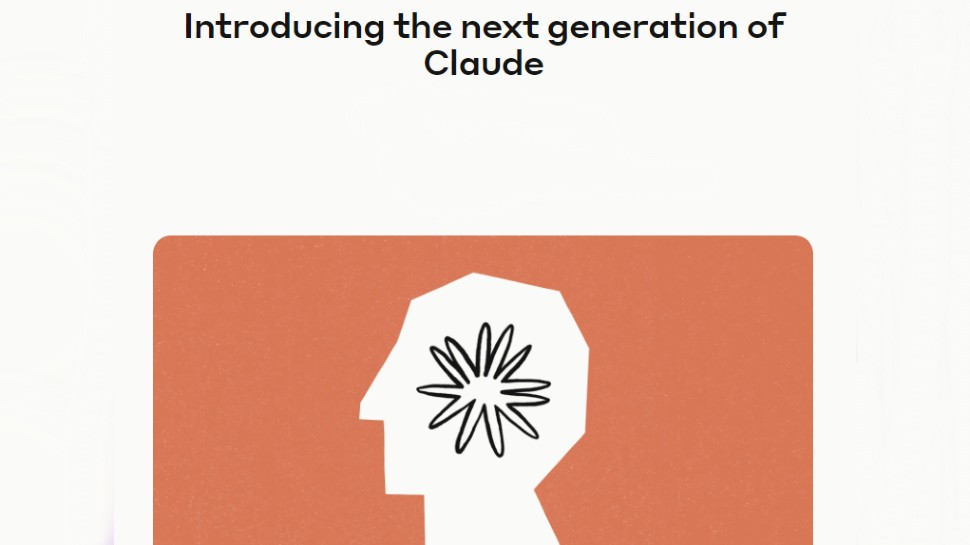Quite a lot of Brits have never heard of data centers
British citizens aren’t really sure what data centers do – more education could increase our trust.

- Half of Brits aren’t even familiar with data centers, report finds
- Three in five know they play a role in hybrid work
- Further education could increase public trust in data centers
Despite efforts to propel the country’s artificial intelligence capabilities, new research from Telehouse has revealed more than half (51%) of Brits aren’t even familiar with the term ‘data center.’
Even the people who have heard of data centers aren’t necessarily clued up on the role they play in artificial intelligence, cloud computing, and even cloud storage.
Two in three (67%) don’t understand the role date centers play, and two in five (42%) are unaware of the scale of people, applications and data supported by such campuses.
British citizens aren’t clued up on data centers
The trend paints a troubling picture for Britain’s intentions to become an AI leader – Prime Minister Sir Keir Starmer wants to make the UK a global leader in artificial intelligence.
In 2024, data centers became classified as Critical National Infrastructure, giving them extra protections and monitoring, and recent years have seen an increase in government focus on data centers, coinciding with AI investments and other plans to expand digital infrastructure. Deputy Prime Minister Angela Rayner recently approved a £670 million data center project in Buckinghamshire which will occupy land on a green belt.
However, although two in three (59%) of the 2,000 UK consumers surveyed acknowledged that data centers are important for remote working, 19% are unsure how the facilities actually support their remote work.
“We realise there’s a significant knowledge gap regarding data centres and their impact on digital lives," noted Telehouse Europe EVP and GM Mark Pestridge.
Pestridge hopes education around data centers will bridge the knowledge divide and therefore increase public trust in digital infrastructure.
You might also like
- We’ve listed the best AI tools and best AI writers
- Access powerful processors with the best cloud computing services
- Workers are being overloaded with data from AI, and it isn't helping
What's Your Reaction?








































